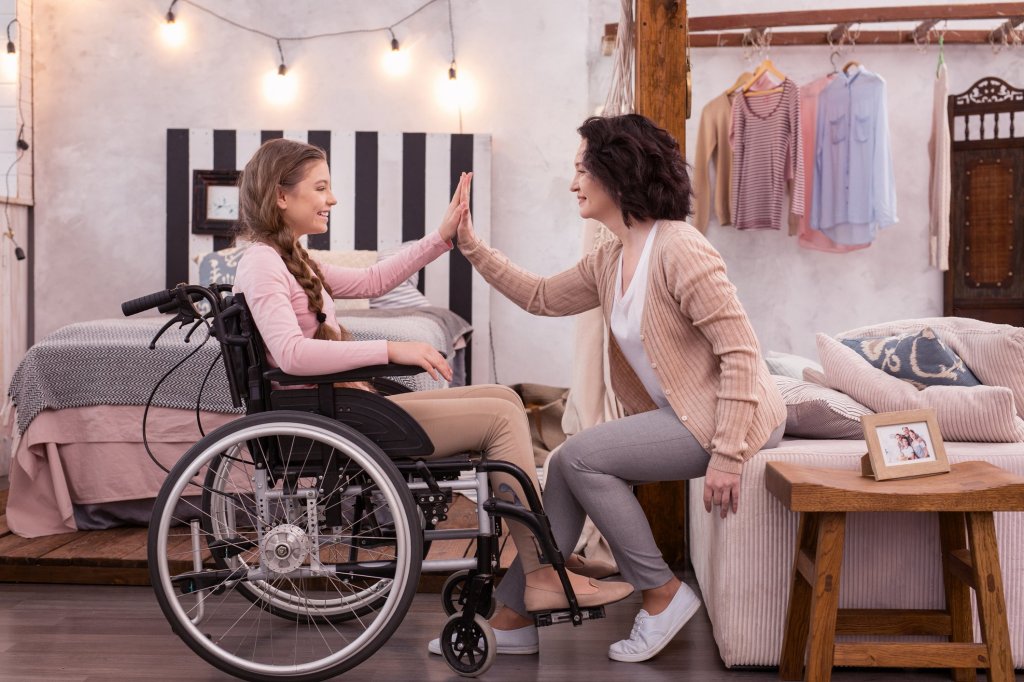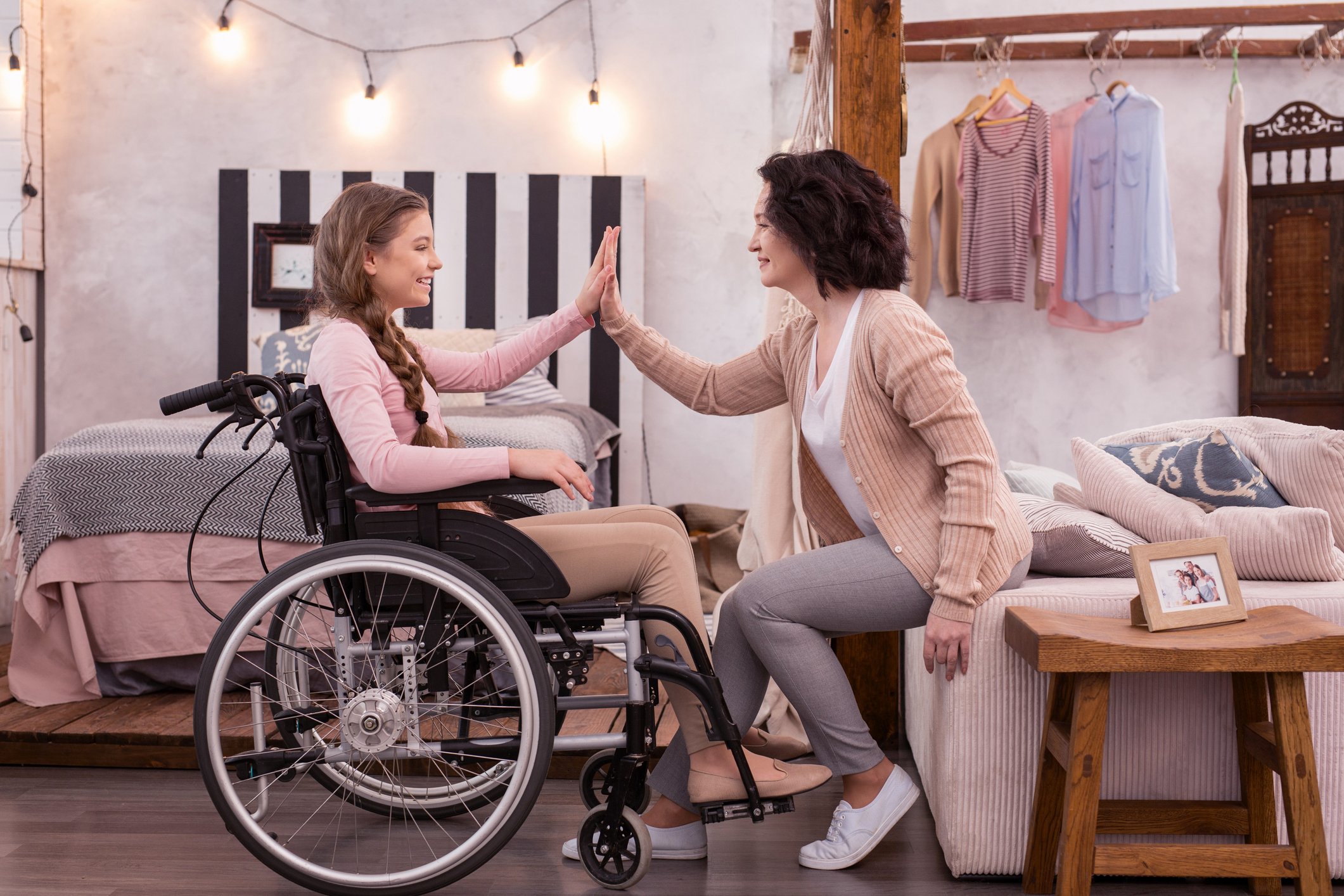
How to Help a Loved One with Disabilities Transition to Adult Life
 Many parents caring for a child with a disability ask us, “What happens when my child turns 22?” The President’s Commission on Excellence in Special Education reported: “Students with disabilities are significantly unemployed and underemployed upon leaving school compared to their peers who do not have disabilities. Too many students with disabilities leave school without successfully earning any type of diploma, and they attend post-secondary programs at rates lower than their nondisabled peers. Adults with disabilities are much less likely to be employed than adults without disabilities. Unemployment rates for working-age adults with disabilities have hovered at the 70 percent level for at least the past 12 years, which the Commission finds to be wholly unacceptable.”
What can the caregiver do?
Work with your child’s school system to start transition planning as early as age 14. Transition planning should take place as part of your child’s IEP (Individual Education Plan). Transition planning includes a coordinated set of activities for a child with a disability that is designed to be within a results-oriented process that is focused on improving the academic and functional achievement of the child with a disability.
What can you expect for your loved one?
Many parents caring for a child with a disability ask us, “What happens when my child turns 22?” The President’s Commission on Excellence in Special Education reported: “Students with disabilities are significantly unemployed and underemployed upon leaving school compared to their peers who do not have disabilities. Too many students with disabilities leave school without successfully earning any type of diploma, and they attend post-secondary programs at rates lower than their nondisabled peers. Adults with disabilities are much less likely to be employed than adults without disabilities. Unemployment rates for working-age adults with disabilities have hovered at the 70 percent level for at least the past 12 years, which the Commission finds to be wholly unacceptable.”
What can the caregiver do?
Work with your child’s school system to start transition planning as early as age 14. Transition planning should take place as part of your child’s IEP (Individual Education Plan). Transition planning includes a coordinated set of activities for a child with a disability that is designed to be within a results-oriented process that is focused on improving the academic and functional achievement of the child with a disability.
What can you expect for your loved one?
- Being present and participating in community life.
- Gaining and maintaining satisfying relationships.
- Expressing preferences and making choices in everyday life.
- Having opportunities to fulfill respected roles and to live with dignity.
- Continuing to develop personal competencies.
- Help facilitate the child’s movement from school to post-school activities, including post-secondary education, integrated employment (including supported employment), continuing and adult education, adult services, and independent living.
- Coordinate with the school system and adult services.
- Provide on-going support, monthly education, and resources.
- Mapping out My Life
- The Inclusive Concurrent Enrollment Initiative Video
- National Secondary Transition Technical Assistance Center
- CEC SmartBrief
More insights like this:
-

Classifying and Defining Autism Spectrum Disorder: A Guide for Caregivers
Read more: Classifying and Defining Autism Spectrum Disorder: A Guide for CaregiversUntil 2013, autism was classified under a handful of labels, such as Asperger’s Syndrome and Pervasive Developmental Disorder-Not Otherwise Specified, which are no longer commonly in use. It was the publication of the DSM-5-TR, the most recent edition of the diagnostic handbook trusted by health professionals around the world, that merged these various diagnoses…
-

5 Great Holiday Nutritional Tips for Loved Ones with Complicated Medical Conditions
Read more: 5 Great Holiday Nutritional Tips for Loved Ones with Complicated Medical ConditionsFor many of us, the holiday season is a time of celebration, reconnecting with friends and family, and eating lots of delicious food. But for people with medical conditions that place restrictions on what they’re able to eat, the holidays can be a difficult time to stay on track.
-

Caring for Someone with End-Stage COPD? Here’s What You Should Know
Read more: Caring for Someone with End-Stage COPD? Here’s What You Should KnowChronic obstructive pulmonary disease (COPD) is a progressive condition for which a cure has not yet been discovered. It inflames a person’s lungs in a way that can obstruct the airway with swelling and the production of mucus. Emphysema and chronic bronchitis are the two lung conditions that cause COPD, and they tend…